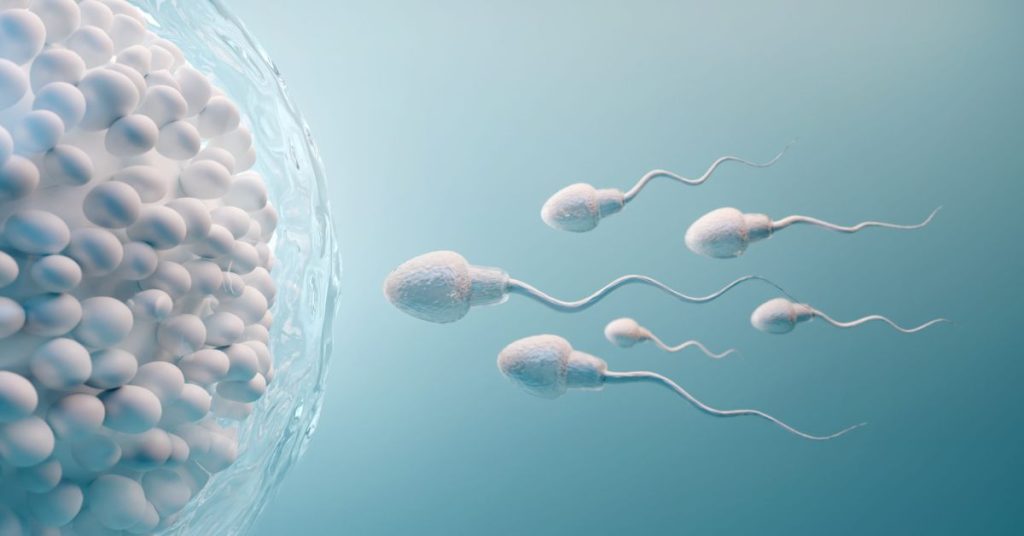Infertility affects approximately 15 per cent of Indian couples. Late marriages, stressful lifestyles, obesity, high junk food intake, smoking, alcoholism, and drug addiction contribute to the problem. Infertility is defined as the inability of a couple with normal sexual relations to conceive after a year of trying.
A national study on couples seeking fertility treatment between 2018 and 2021 by a reproductive facility indicated that Bengal had the greatest number of men in the country with abnormal sperm parameters, a prime factor for infertility.
The study that involved 64,452 couples discovered that nearly 86% of the men in the state had at least one of the three major sperm abnormalities that lead to infertility. In 61% of the 2,179 couples who sought treatment at the in-vitro fertilisation (IVF) centre in Bengal between January and October of this year, male infertility was one of the reasons for infertility.

In addition to poor lifestyle, stress, late marriage, hectic job schedules, and poor eating habits, the poll points to precise and prompt diagnoses as the cause of the rise in the number of infertile guys.
Nitiz Murdia, The Co-founder and managing director of Indira IVF, who conducted the survey across the country, including Kolkata, said in an interview with the news organisation that a very high percentage of males in Bengal has one of the three conditions that indicate sperm abnormalities.
“The figure varied between 79% in 2018 and 96% in 2021. A steep 10. 8% of our male patients in Bengal had zero sperm count in 2021,” he added. According to experts in Kolkata, male infertility is becoming more common throughout India, and Kolkata is not an exception.
Although normally women are tested for infertility first, men are also eventually found to be infertile.
In India, the percentage of men with abnormal sperm parameters increased from 63.7% in 2018 to 80.9% in 2021. Over the past ten years, the number of infertile men has increased for two reasons. First of all, more men are now getting tested, and secondly, a more accurate diagnostic has made it feasible to identify infertility.
It is also said that after Covid, fertility treatments have risen exponentially. The number of infertile males has probably always been the same as the number of infertile females. However, in the past, social taboos discouraged men from getting checked.

